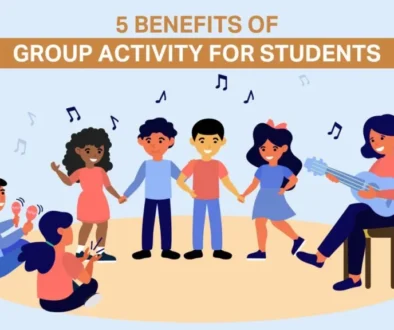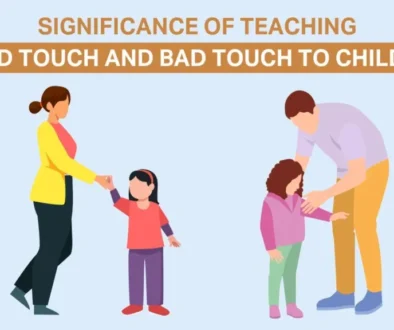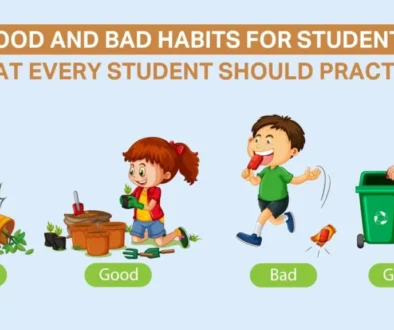The Mindful Path to Success: Meditation Benefits for Students
students face a multitude of challenges like academic pressures, social responsibilities, and personal growth. Amidst this chaos, meditation emerges as a powerful tool that can help students navigate the labyrinth of student life with grace and resilience. In this blog, we will explore the meditation benefits for students and why it should be an essential part of their daily routine.
Meditation Benefits For Students
1. Stress Reduction and Anxiety Management
The rigours of student life often lead to high levels of stress and anxiety. Academic exams, deadlines, and social pressures can take a toll on a student’s mental well-being. Meditation is a proven stress-reduction technique that helps students calm their minds and find inner peace. Regular meditation practice reduces the production of stress hormones and activates the relaxation response, leading to a more balanced emotional state. This not only improves overall mental health but also enhances concentration and focus, making it easier to excel academically.
2. Improving Concentration and Focus
One of the key challenges students face is maintaining concentration during lectures and while studying. Meditation is like a mental workout that trains the mind to stay present and focused. Through meditation, students can sharpen their attention span, allowing them to absorb information more effectively and boost productivity. This enhanced concentration can lead to better grades and academic success.
3. Enhancing Creativity and Problem-Solving Skills
Meditation is not just about calming the mind, it also promotes creative thinking and problem-solving. When students meditate, they gain access to a deeper level of consciousness, enabling them to explore new ideas and perspectives. This creative boost can be invaluable in various academic disciplines, from writing essays to solving complex mathematical problems.
4. Better Emotional Regulation
meditation benefits for Students often experience a rollercoaster of emotions, from the excitement of new experiences to the challenges of academic setbacks. Meditation helps students develop emotional intelligence and regulation skills, allowing them to manage their emotions more effectively. By learning to observe their thoughts and feelings without judgment, students can respond to stressful situations with greater composure and resilience.
5. Enhancing Sleep Quality
Sleep is essential for cognitive functioning and overall well-being. Unfortunately, many students struggle with sleep disturbances due to stress and irregular schedules. Meditation can help improve sleep quality by reducing insomnia and promoting relaxation. A well-rested student is better equipped to tackle academic challenges and stay alert during classes.
6. Increasing Self-Awareness and Confidence
Meditation fosters self-awareness by encouraging students to explore their inner selves. This self-reflection helps them understand their strengths, weaknesses, and goals better. With increased self-awareness, students can set realistic expectations, develop a growth mindset, and build self-confidence, which are crucial for achieving academic success.
7. Healthy Coping Mechanism
Instead of turning to unhealthy coping mechanisms like excessive caffeine consumption or substance abuse, students can turn to meditation as a healthy way to manage stress and pressure. Meditation provides a natural and sustainable solution to deal with the demands of student life.
Conclusion
The meditation benefits for students are vast and encompass not only academic success but also holistic well-being. By incorporating meditation into their daily routines, students can reduce stress, enhance focus, and develop the emotional and cognitive skills needed to excel in school and beyond. Whether you are a student looking to boost your performance or an educator interested in the well-being of your students, meditation is a practice that can lead to profound positive changes in the lives of young learners.





